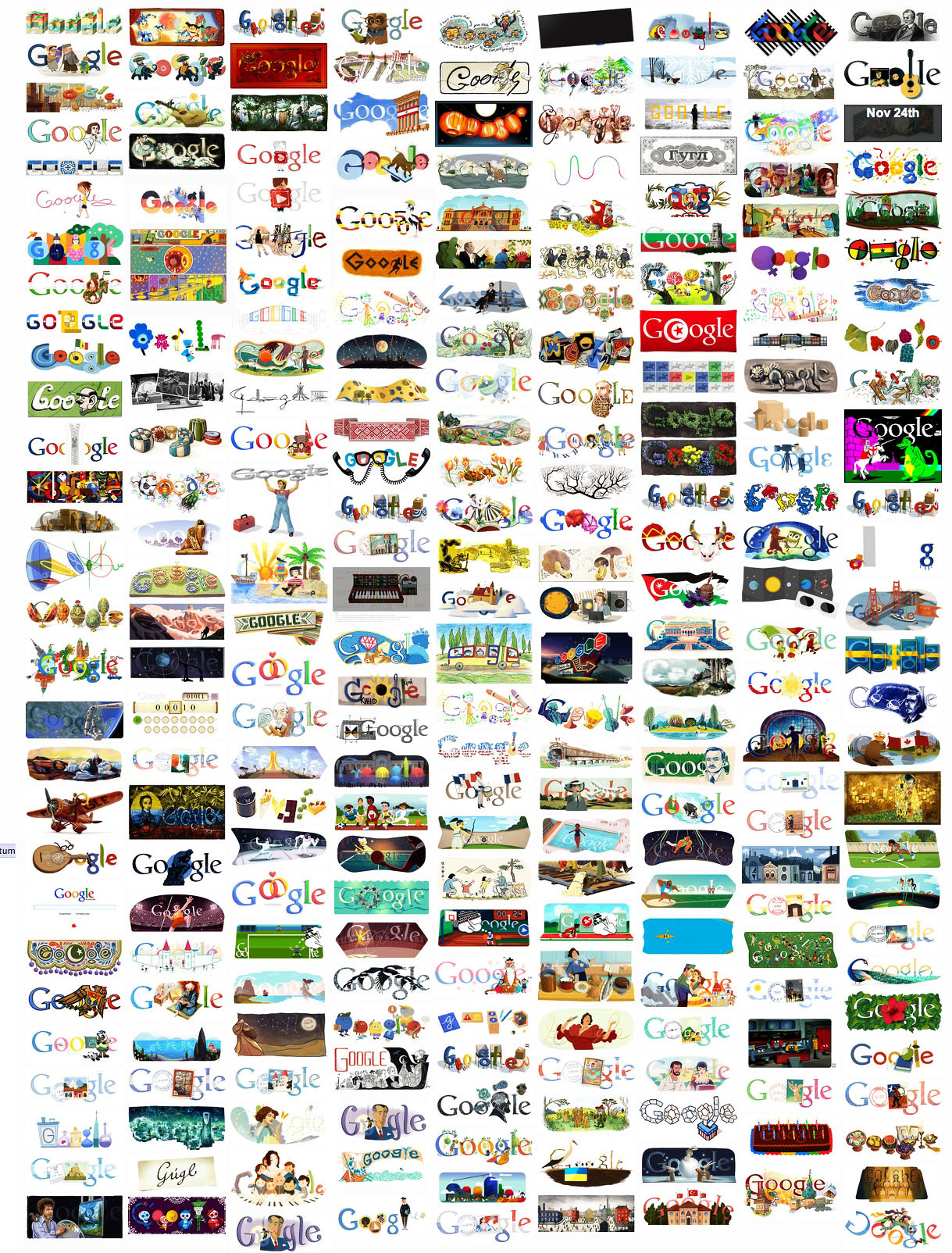Cuáles son los sitios web más populares del mundo en cada país
Google
y Facebook se dividen el planisferio casi en partes iguales, mientras
que los rusos de Yandex y los chinos de Baidu resisten en sus países de
origen


Un grupo de investigadores del Oxford Internet Institute
tomó los datos proveídos por el sitio Alexa para estimar cuáles son los
sitios más populares de cada país. Los resultados no son sorprendentes
si decimos que Google y Facebook se reparten el mapa casi en partes
iguales, aunque el buscador muestra una leve ventaja sobre la red
social.
Lo que sí genera una cierta sorpresa son los focos de resistencia, si podemos usar la metáfora, de algunos mercados. Los tres grandes jugadores que se niegan a perder espacio frente a Google y Facebook son el sitio chino Baidu, el ruso Yandex y Yahoo Japón. Estos tres buscadores tienen una posición muy consolidada en sus países y en sus zonas de influencia (por ejemplo, Baidu es el sitio más visitado en Corea del Sur, mientras que Yahoo tiene una gran preeminencia entre los usuarios de Taiwán).
Liderando mercados más pequeños también se destacan en el mapa el sitio de noticias Al Watan Voice en Palestina, el correo electrónico Mail.ru en Kazajistán y la red social VK en Belarus.
Otro dato interesante que se desprende del informe, que se realizó sobre el promedio de usuarios únicos que cada sitio recibe cada día, es que en los países americanos de habla hispana Facebook tiene una penetración mayor que Google, mientras que en los países anglosajones (EE.UU., Canadá, Reino Unido y Australia) y en toda Europa, el buscador tiene una amplio favoritismo.
Lo que rápidamente se desprende de este informe, en tanto tendencia de hábitos de consumo en Internet, es la clara preeminencia de los buscadores sobre el resto de los sitios. Tanto Google como Yahoo, Yandex y Baidu son plataformas que tienen como eje las búsquedas web, además de ofrecer sendos servicios de correo electrónico, mapas, calendarios o servicios de almacenamiento gratuito en la nube.
Según los investigadores, esta tendencia se refuerza cuando se evalúa la totalidad de los datos, donde se advierte que en los países donde Facebook aparece liderando el tráfico en Internet, en segunda posición aparece inmediatamente Google.
Age of Internet Empires
Description
This map illustrates the most visited website in each country.
Data
The map uses freely available data retrieved Alexa on August 12th, 2013. The company has provided website analytics since 1996. Alexa collects data from millions of Internet users using one of over 25,000 different browser extensions, and the data used for this visualization were calculated “using a combination of the estimated average daily unique visitors to a site and the estimated number of pageviews on that site from users in that country over the past month”.
The data are visualised as a choropleth map, where the colour indicates each country’s most visited website. Starting from the evident dominance of two companies (Google and Facebook), whose colours (red and blue, respectively) cover most of the map, we styled the illustration as an old colonial map, and named it after the computer game series Age of Empire.

The supremacy of Google and Facebook over any other site on the Web is clearly apparent. We also see an interesting geographical continuity of these two “empires”. Google is the most visited website in most of Europe, North America, and Oceania. Facebook, in contrast, is the most visited website in most of the Middle East and North Africa, as well as much of the Spanish-speaking Americas.
The situation is more complex in Asia, as local competitors have been able to resist the two large American empires. Baidu is well known as the most used search engine in China, which is currently home to the world’s largest Internet population at over half a billion users. At the same time, we see a puzzling fact that Baidu is also listed as the most visited website in South Korea (ahead of the popular South Korean search engine, Naver). We speculate that the raw data that we are using here are skewed. However, we may also be seeing the Baidu empire in the process of expanding beyond its traditional home territory.
The remaining territories that have escaped being subsumed into the two big empires include Yahoo! Japan in Japan (in join venture with SoftBank) and Yahoo! in Taiwan (after the acquisition of Wretch). The Al-Watan Voice newspaper is the most visited website in the Palestinian Territories, the e-mail service Mail.ru is the most visited in Kazakhstan, the social network VK the most visited in Belarus, and the search engine Yandex the most visited in Russia.

Alexa does not provide much information about countries in Sub-Saharan Africa. However, most countries that have a significant Internet population are covered. Kenya, Madagascar, Nigeria, and South Africa fall within the sphere of Google’s empire, whereas Ghana, Senegal, and Sudan have been subsumed within Facebook’s dominion.
The power of Google on the Internet becomes starkly evident if we also look at the second most visited website in every country. Among the 50 countries that have Facebook listed as the most visited visited website, 36 of them have Google as the second most visited, and the remaining 14 countries list YouTube (currently owned by Google).
The countries where Google is the most visited website account for half of the entire Internet population, with over one billion people, as illustrated in the map below. Thanks to the large Internet population of China and South Korea, Baidu is second in this rank, as these two countries account for more than half a billion Internet users, whereas the 50 countries where Facebook is the most visited website account for only about 280 million users, placing the social network website in third position.
We are likely still in the very beginning of the Age of Internet Empires. But, it may well be that the territories carved out now will have important implications for which companies end up controlling how we communicate and access information for many years to come.
@
http://geography.oii.ox.ac.uk/2013/09/age-of-internet-empires/
http://vibemistress.blogspot.com.ar/2011/05/best-artist-architect-google-doodles.html
http://www.clasesdeperiodismo.com/2013/10/04/una-visualizacion-con-las-webs-mas-populares-en-cada-pais/
http://www.lanacion.com.ar/1625907-cuales-son-los-sitios-web-mas-populares-del-mundo-en-cada-pais
http://www.webhostingbuzz.com/blog/2011/06/30/most-popular-domains/


No hay comentarios:
Publicar un comentario